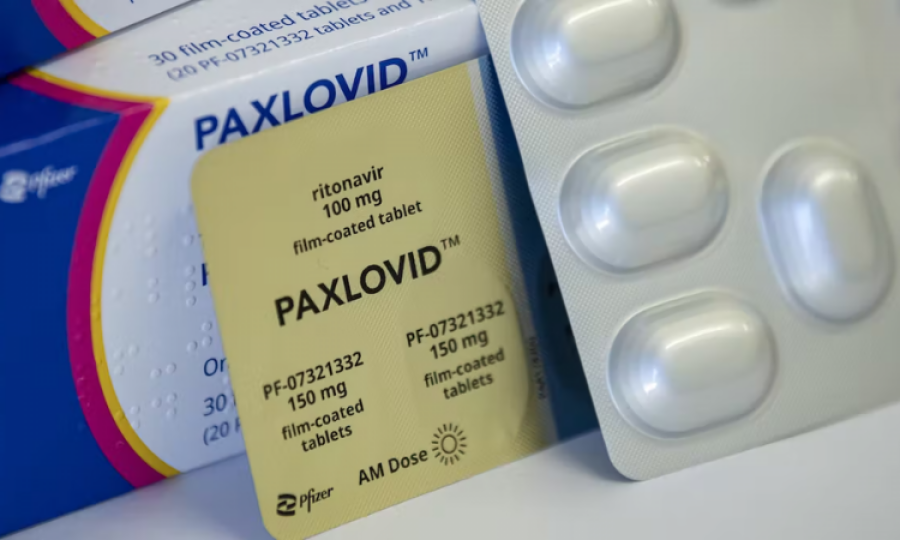Inequity in Paxlovid prescription: JAMA

USA: Patients from certain racial and ethnic groups who sought outpatient care for COVID-19 were about 20% to 36% less likely to be prescribed Paxlovid (nirmatrelvir-ritonavir), a multi-institution study found.
The study analyzed the electronic health record data of about 700 000 patients who sought COVID-19 care at 30 sites participating in the National Patient-Centered Clinical Research Network. It found a dramatic increase of patients treated with nirmatrelvir-ritonavir during the study period, from 0.6% in January 2022 to 20.2% in April and 34% in July.
But there were substantial disparities in prescribing. Black patients were 35.8% less likely to be prescribed nirmatrelvir-ritonavir than White patients, and Hispanic patients were 29.9% less likely to be prescribed the drug than non-Hispanic patients.
Nirmatrelvir-ritonavir prescribing was also 24.9% lower for patients who identified as multiple races or “other”; 23.1% lower among American Indian or Alaska Native and Native Hawaiian or Other Pacific Islander patients; and 19.4% lower among Asian patients.
Racial and ethnic disparities also existed in groups at high risk of severe COVID-19. For example, Black patients between the ages of 65 and 79 were 44% less likely to be prescribed nirmatrelvir-ritonavir than White patients in this age cohort. Black, Hispanic, and multiracial or other race patients who were immunocompromised were also less likely to be treated with nirmatrelvir-ritonavir or monoclonal antibodies than non-Hispanic or White patients.
The authors wrote that reduced access to COVID-19 treatment facilities in high-poverty areas or in predominantly American Indian or Alaska Native, Black, or Hispanic communities may have contributed to these disparities.
“Expansion of programs focused on equitable COVID-19 treatment, including raising patient awareness using trusted sources, educating clinicians and other prescribers, and expanding patient access to prescribers, can facilitate equitable health outcomes,” the authors wrote.
Trending
Popular
Sindh pledges vigorous action to prevent poliovirus transmission
-
PMA stresses health equity on World ...
04:08 PM, 9 Apr, 2024 -
Dow University’s new rabies vaccine ...
12:18 PM, 28 Mar, 2024 -
IRD role lauded in advancing ...
02:53 PM, 12 Mar, 2024 -
Over one billion people worldwide ...
09:48 AM, 5 Mar, 2024




